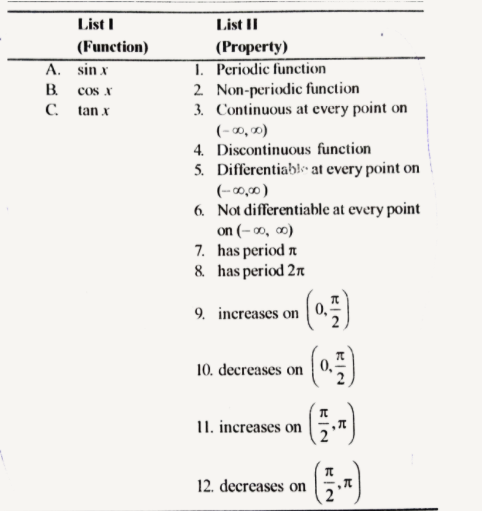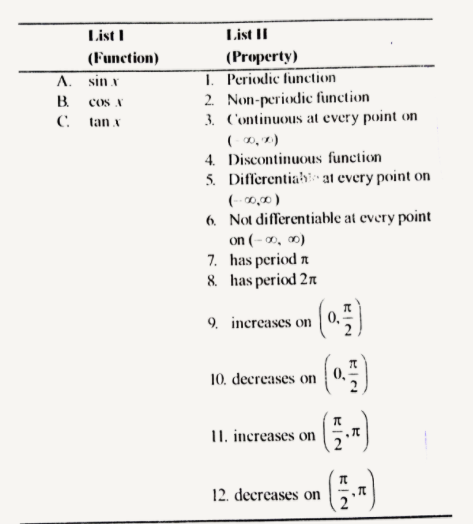Prove that in the set of real numbers '+' and '×' are associative but '-' and '÷' are not associative.
Video Solution
Text Solution
Aa,b,c∈R
(a+b)+c=a+(b+c)
and(a×b)×c=a×(b×c)
∴ '+' and '×' are associative.
but a−(b−c)≠(a−b)−canda÷(b÷c)≠(a÷b)÷c
∴ '-' and '÷' are not associative.
Hence Proved.
|
Topper's Solved these Questions
- RELATIONS AND FUNCTIONS Book:NAGEEN PRAKASHANChapter:RELATIONS AND FUNCTIONS Exercise:Exercies 1a
Explore 16 Videos
- RELATIONS AND FUNCTIONS Book:NAGEEN PRAKASHANChapter:RELATIONS AND FUNCTIONS Exercise:Exercies 1b
Explore 18 Videos
- PROBABIILITYBook:NAGEEN PRAKASHANChapter:PROBABIILITYExercise:Miscellaneous Exercise
Explore 19 Videos
- THREE-DIMENSIONAL GEOMETRY Book:NAGEEN PRAKASHANChapter:THREE-DIMENSIONAL GEOMETRY Exercise:Miscellaneous Exercise
Explore 23 Videos
Similar Questions
Knowledge Check
PDS is associated with
Afair price shopsBcooperative storesCsuper bazarsDNone of theseCarapace is associated with
ASnakeBTurtleCFlying lizardDCrocodileDarwin is associated with
ANatural selectionBMutationCInorganic evolutionDAll the above.

C is associated with
View SolutionCommutative and associative
View SolutionLet * be a binary operation on N, the set of natural numbers, defined by a⋅b= ab for all a,b∈N. Is '⋅' associative or commutative on N?
View SolutionProve that ∗:R×R→R defined as a∗b=a+2ab is not associative
View SolutionASSOCIATIVITY The addition of rational numbers is associative
View Solution
